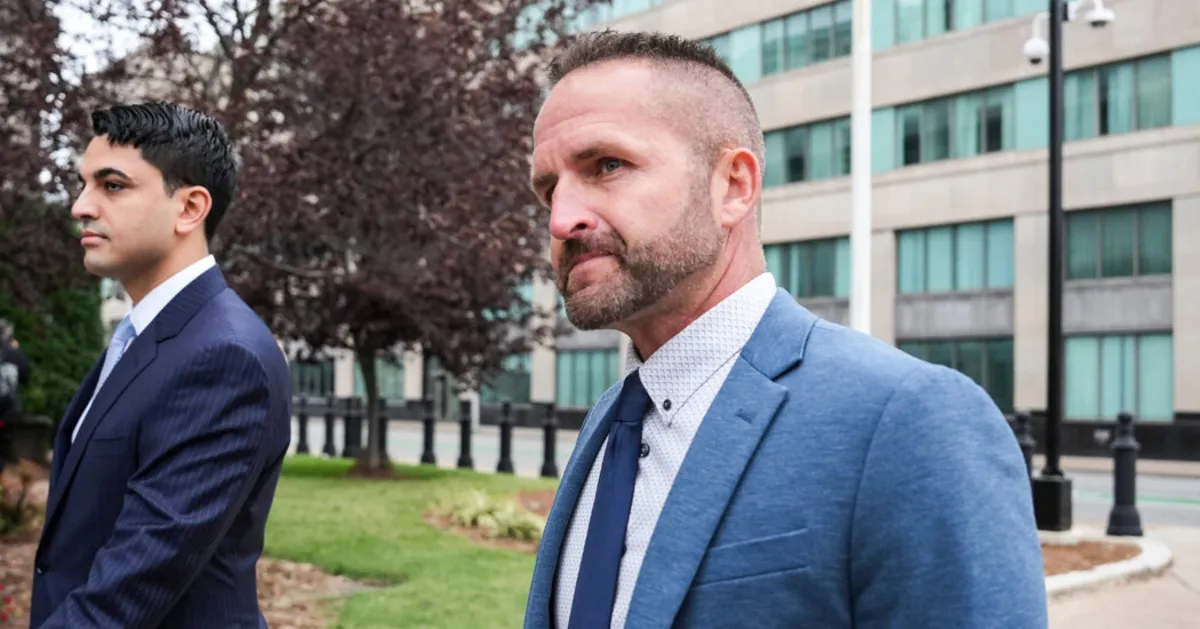
The Justice Department’s civil rights chief has made a surprising request regarding the sentencing of a Louisville police officer, Brett Hankison, who was convicted in the high-profile 2020 killing of Breonna Taylor. This request marks a significant departure from the Biden administration's previous efforts aimed at addressing racial disparities within local law enforcement practices.
In 2022, a federal jury in Kentucky found Brett Hankison guilty of violating Breonna Taylor’s civil rights by firing multiple shots through her window during a botched drug raid. Despite the gravity of the charges, he is facing a maximum sentence of life in prison and is set to be sentenced next week. The case garnered national attention and raised pressing questions about police accountability and the systemic issues within law enforcement.
On Wednesday, Harmeet K. Dhillon, the assistant attorney general for civil rights, submitted a request to the presiding judge to impose a sentence of just one day in jail for Hankison, in addition to time already served and three years of supervised release. In her filing, Dhillon argued that the prosecution's approach was excessive, especially considering that Hankison had already been acquitted on state charges, and his initial federal trial ended in a mistrial.
Dhillon's filing emphasized that obtaining a unanimous verdict of guilt required two separate federal trials, indicating the challenges faced in securing a conviction against Brett Hankison. She noted that Hankison, who has been a felon since being fired from his position five years ago, has already faced significant consequences for his actions. “The jury’s verdict will almost certainly ensure that Defendant Hankison never serves as a law enforcement officer again and will also likely ensure that he never legally possesses a firearm again,” Dhillon stated, highlighting the long-term implications of the jury's decision.
This unusual request for a lenient sentence has drawn attention not only for its content but also for the individual making it. Harmeet K. Dhillon, a political appointee, is known for her longstanding ties to the Republican Party and to former President Trump. Requests for leniency in such high-profile cases are typically made by career prosecutors who have direct involvement in the case, raising questions about the motivations behind this particular filing.
The upcoming sentencing of Brett Hankison will be a critical moment in the ongoing dialogue surrounding police accountability and racial justice in America. As the Justice Department navigates its approach to such sensitive cases, the implications of this request will likely resonate beyond the courtroom, influencing public perception and policy discussions on law enforcement practices.